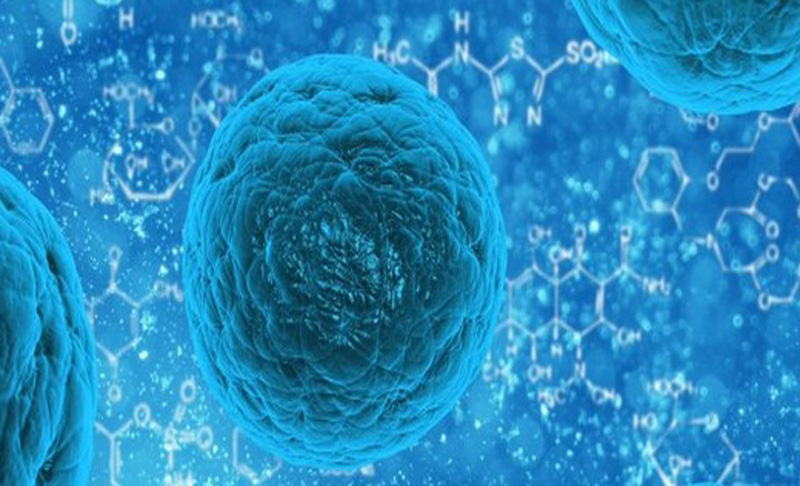New Delhi: Although the news of a second person being cured of HIV through stem cell transplant is exciting and may pave the way for future treatments, experts say the treatment may not work in case of all patients infected with the AIDS causing virus.
“The Human Immunodeficiency Virus (HIV) attacks and weakens the immune system, reducing its ability to fight diseases or infections,” Girish Badarkhe, Haematologist at HCG Cancer Centre, Bengaluru, told IANS.
“The stem cell transplant primarily involves reprogramming the immune system to be HIV-resistant. But there a small percentage of people who are naturally resistant to HIV infection due to rare genetic mutations known as CCR5-delta 32,” he stressed.
According to a study published in the journal Nature, a man in London, who prefers to remain anonymous, was treated with stem cell transplants from donors with CCR5-delta 32 mutation. It made him resistant to HIV, just like the first cured case of Timothy Ray Brown, better known as the “Berlin patient”, a decade ago.
The London man was diagnosed with HIV infection in 2003 and was put on anti-retroviral therapy in 2012. He was later diagnosed with advanced Hodgkin’s lymphoma, cancer of the immune system.
After undergoing chemotherapy, he underwent a stem cell transplant in 2016 and also continued with anti-retroviral drugs for 16 months.
He did not experience HIV rebound, during the 18 months he did not take anti-viral medication.
“While the development is exciting, it cannot be applied to a normal HIV patient who can be treated with the regular anti-retroviral drugs, as the London man was also suffering from cancer of the immune system,” Badarkhe said.
“Stem cell transplants are an established treatment, particularly for blood related cancer with 70 per cent success rate. “In this case, he got cured both from cancer as well as the AIDS,” Badarkhe said.
Globally, 36.9 million people were living with HIV in 2017. With an HIV prevalence of 0.26 per cent in the adult population, India has an estimated 2.1 million people with HIV, shows UNAIDS data.
“Besides, the stem cell therapy is also linked to increased death risks and is also not cost-friendly,” Badarkhe said.
However, experts are enthusiastic about the promise that the cure of the London patient showed.
“It is a positive news. But there is a need for more scientific facts and evidence to be established,” V. Sam Prasad, Country Programme Director at AIDS Healthcare Foundation India, told IANS.
The doctors stressed the need for proper guidelines around the new treatment, which, if proved successful in more cases, could change lives of millions of people.
[source_without_link]IANS[/source_without_link]

